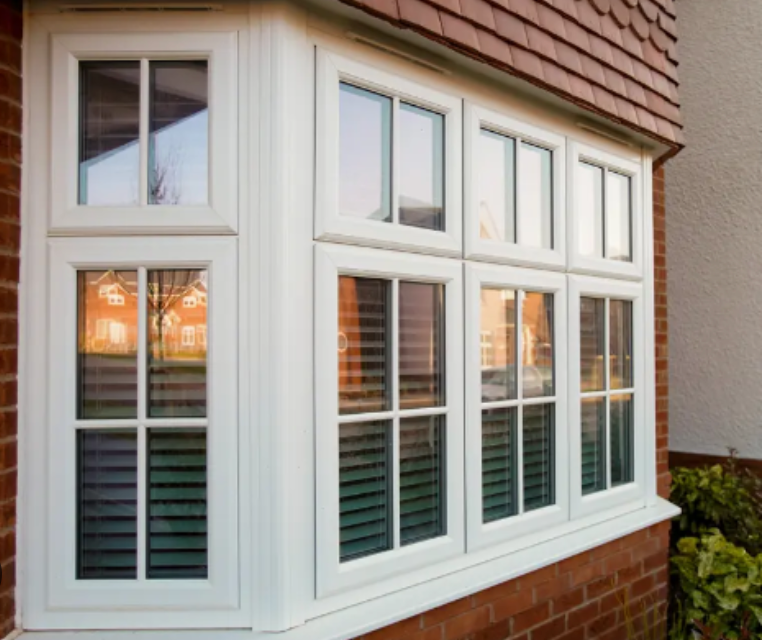Winter Maintenance Tips for Double Glazing Windows
Keeping the Cold Out and Comfort In
As winter approaches, ensuring your home is well-prepared for the colder months is essential. One critical aspect often overlooked is the maintenance of double glazing windows. These windows provide excellent insulation, helping to keep the cold at bay and maintain a comfortable indoor environment.
However, double glazing is notorious for becoming foggy and damp due to the nature of the temperature extremes both inside and outside the house. To maximise their efficiency, it's crucial to perform some routine maintenance tasks. In this article, we will discuss practical tips on how to maintain double glazing windows during the winter season.
Inspect and Clean
Start by inspecting your double glazing windows for any visible damage or wear. Check the seals, frames, and glass for cracks, gaps, or condensation. Clean the windows inside and out to remove dirt, debris, and any mould or mildew that may have accumulated. Use a mild detergent or vinegar solution for cleaning, avoiding abrasive materials that could scratch the glass or damage the frames.
Seal Gaps and Cracks
Even the smallest gaps or cracks can significantly impact the insulation provided by double glazing windows and greatly improve the risk of condensation getting inside the glazing and damaging them. Use weatherstripping or caulking to seal any openings around the frames. This will prevent drafts and enhance the windows' ability to retain heat, ensuring a warmer and more energy-efficient home.
Check and Lubricate Hardware
Double glazing windows often come with various hardware components such as hinges, locks, and handles. Inspect these parts for any signs of wear or stiffness. Lubricate moving parts with a silicone-based lubricant to ensure smooth operation. This not only helps in preventing damage but also makes it easier to open and close the windows during the colder months.
Install Thermal Curtains or Blinds
Enhance the insulating properties of your double glazing windows by adding an extra layer of protection. Thermal curtains or blinds can act as a barrier against the cold, reducing heat loss and improving energy efficiency. Draw the curtains or lower the blinds during the night to create an additional buffer against the chilly outdoor temperatures.
Control Humidity
Excessive humidity can lead to condensation on the interior surface of double glazing windows. In the winter, temperature differences outside and in are so extreme that it makes higher levels of condensation a major risk. To control humidity levels, use a dehumidifier or ensure proper ventilation in your home. Condensation not only affects visibility but can also contribute to mould growth, which can be detrimental to the overall health of your windows as well as your home.
Protect Window Sills
Window sills are prone to collecting moisture, which can lead to damage over time. Place moisture-absorbing materials on the sills to prevent water accumulation. Regularly clean and inspect the sills for any signs of decay or rot, addressing any issues promptly to maintain the integrity of the windows. You can also make use of draft snakes to reduce the amount of cold air getting into your home and the amount of moisture collecting on the window sill.
Professional Inspection
If you notice any significant issues or if your
double glazing windows are several years old, consider
hiring a professional for a thorough inspection. They can identify and address issues that may be beyond the scope of routine maintenance, ensuring your windows are in optimal condition for the winter season.
Taking the time to maintain your double glazing windows before winter sets in is a proactive approach to ensuring a warm and comfortable home. By following these practical tips, you can not only enhance the performance of your windows but also contribute to energy efficiency and cost savings in the long run. Regular maintenance is the key to preserving the longevity and functionality of your double glazing windows, allowing you to enjoy a cosy and well-insulated living space throughout the winter months.













